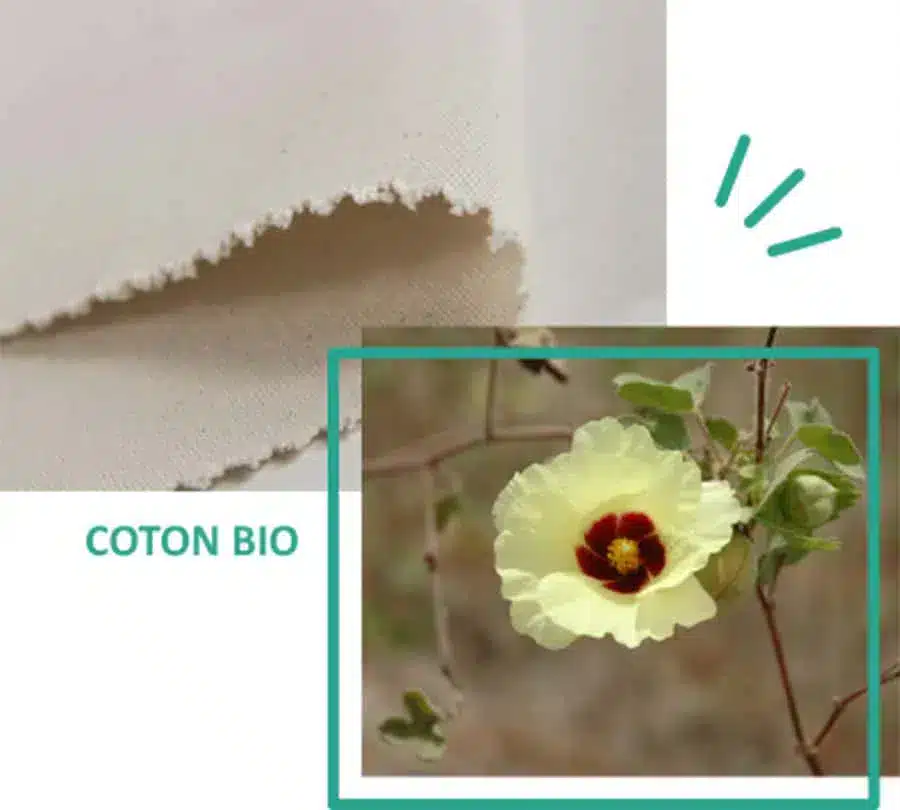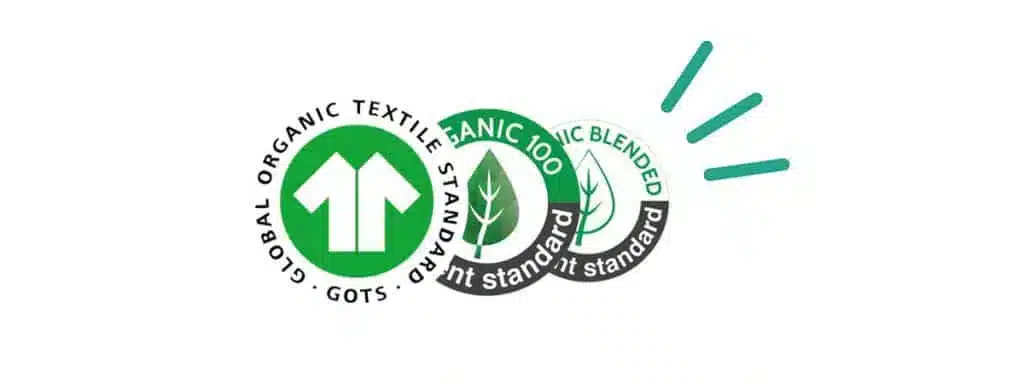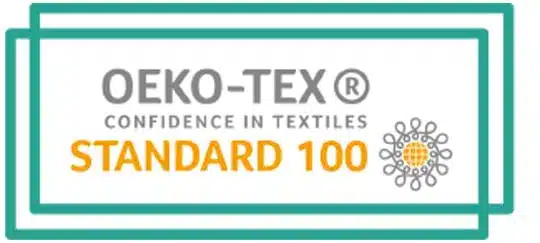
Tainted with a scent of scandal and recognized as one of the most polluting industries in the world, the textile industry needs to be deeply renewed. That's why Les Mouettes Vertes chose organic cotton, and did everything possible to guarantee the best working conditions not only for their employees but also for their commercial partners.
Thanks to their social and environmental commitment, Les Mouettes Vertes have obtained the most recognized labels in terms of ethics and eco-responsibility. But for buyers, it can be difficult to have a clear picture of the multiple labels and certifications available, and to adapt their way of consuming accordingly.
The aim of this article is to provide an overview of the labels developed in the textile sector and to evaluate their quality.

The Global Organic Textile Standard, organic at its highest level
- GOTS "organic" ensures the presence of organic fibers up to at least 95%. This is the case for all the textiles of Mouettes Vertes.
- GOTS "composed of organic fibers" refers to textiles made of at least 70% organic fibers.
The label also verifies the safety of the finished products for the users, and automatically guarantees the naturalness of the dye baths used to create the colored textiles.
OEKO-TEX: the certification of colors

- STANDARD 100 by OEKO-TEXThis is a minimum standard, guaranteeing the non-toxicity of the products used in the composition of the dyes.
- STeP by OEKO-TEXwhich verifies the exemplary working conditions of the employees.
- And finally MADE IN GREEN by OEKO-TEXwhich takes the requirements of the above standards and extends them to the entire production chain.
Attention: the OEKO-TEX certification focuses on the evaluation of dyes and prints, without taking the textile support into consideration. It can therefore be applied to synthetic or non-organic textiles, and remains insufficient compared to the GOTS label.
Organic standards: contrasting requirements
Unfortunately, not all organic certifications have the same value, and some companies play on the difficulty consumers have in finding their way among the different standards. Therefore, caution is advised when dealing with certifications with inconsistent requirements.
Protecting nature... and people: the emergence of social responsibility
Les Mouettes Vertes, concerned not only for the planet but also for its inhabitants, has obtained two major certifications in social responsibility:
- The SA 8000 standard, which promotes the human rights of employees: in particular, forced labor and child labor are prohibited, and strict standards of safety and well-being in the workplace are applied.
- The certification WFTO (World Fair Trade Organization), a pioneer in the field of fair trade. It focuses on the certification and the establishment of more and more demanding criteria for companies belonging to the social and solidarity economy movement. You can read the Green Seagulls' article on this subject!

The Indian supplier of the Green Gulls proudly displays the golden rules of fair trade!
If in terms of fair trade, the association of NGOs and representatives of producers Max Havelaarcreated in 1988, also has its importance, its results are more contrasted and it is the object of many scandals. In this perspective, it requires to be handled with some caution.
To learn more, you can read our full 2019 Textile Labels Report
[1] These are IVN (Internationaler Verband der Naturtextilwirtschaft), OTA (Organic Trade Association), Soil Association and finally Joca (Japan Organic Cotton Association).

